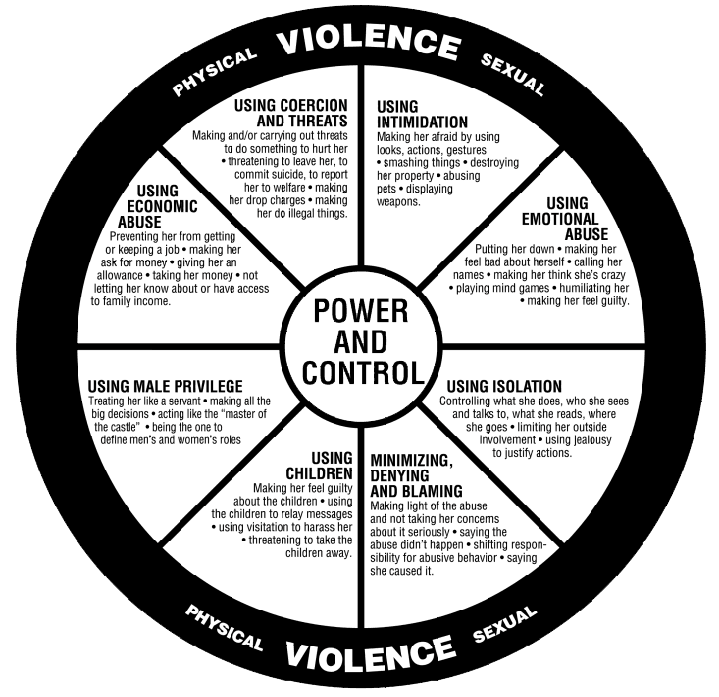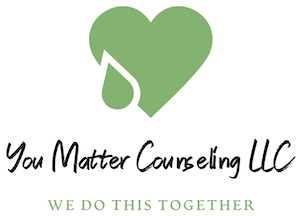What is Domestic Violence and Abuse?

When people think of domestic abuse, they often focus on domestic violence. But domestic abuse includes any attempt by one person in a marriage or intimate relationship to dominate and control the other. Domestic violence and abuse are used for one purpose and one purpose only: to gain and maintain total control over you. An abuser doesn’t “play fair.” An abuser uses fear, guilt, shame, and intimidation to wear you down and keep you under their thumb.
Domestic violence and abuse can happen to anyone; it does not discriminate. Abuse happens within heterosexual relationships and in same-sex partnerships. It occurs within all age ranges, ethnic backgrounds, and economic levels. And while women are more often victimized, men also experience abuse—especially verbal and emotional.
The bottom line is that abusive behavior is never acceptable, whether from a man, woman, teenager, or an older adult. You deserve to feel valued, respected, and safe.
Emotionally abusive relationships can destroy your self-worth, lead to anxiety and depression, and make you feel helpless and alone. No one should have to endure this kind of pain—and your first step to breaking free is recognizing that your relationship is abusive.
Warning signs of abuse
- Seems afraid or anxious to please their partner
- Goes along with everything their partner says and does
- Checks in often with their partner to report where they are and what they’re doing
- Receives frequent, harassing phone calls from their partner
- Talks about their partner’s temper, jealousy, or possessiveness
Warning signs of physical abuse
- Has frequent injuries, with the excuse of “accidents.”
- Frequently misses work, school, or social occasions, without explanation.
- Dresses in clothing designed to hide bruises or scars (for example, wearing long sleeves in the summer or sunglasses indoors).
Narcissistic Abuse
This is a term used to describe abuse by an individual who suffers from narcissism. Regardless of how the narcissist presents themselves to the world, the theme is the same “my world revolves around me and so should yours.” Often, they are charming, but not always. Since the narcissist is so incredibly self-centered, it is difficult to be in a truly fulfilling relationship with them. Being involved with a narcissist is typically exhausting. Recovery from narcissistic abuse is possible once you learn to identify the patterns and get to the roots of the trauma bonds.
Signs of Narcissistic Abuse :
- verbal or emotional abuse, sexual and physical abuse or violent behavior
- manipulation, lying, judging, criticizing
- emotional blackmail and threats
- gaslighting (intentionally distorting situations to make your think that you are going “nuts”)
- withholding of financial information & money
- character assassination, masking you feel less than, one upping
- retaliation when injured
- isolating you from your friends
- making false accusations about your choices or motives.

Need Help Now?
National Domestic Violence Hotline
CALL
1.800.799.SAFE (7233)
TTY 1.800.787.3224
CHAT
Chat live now – https://www.thehotline.org/get-help/#
TEXT
Text “START” to 88788 – tel:1.800.799.7233
(Description above Adapted from the help guide for domestic violence, Authors: Melinda Smith, M.A. and Jeanne Segal, Ph.D.) For full article PDF form click –Help Guide to Domestic Violence and Abuse

